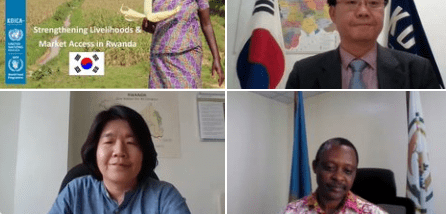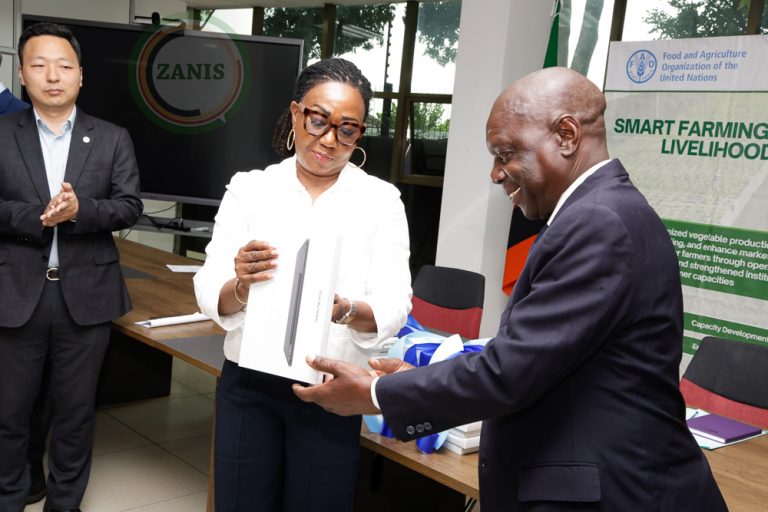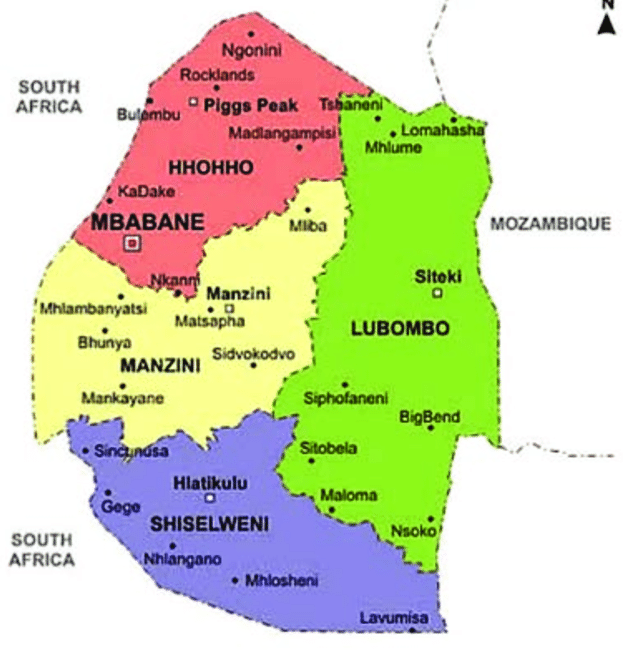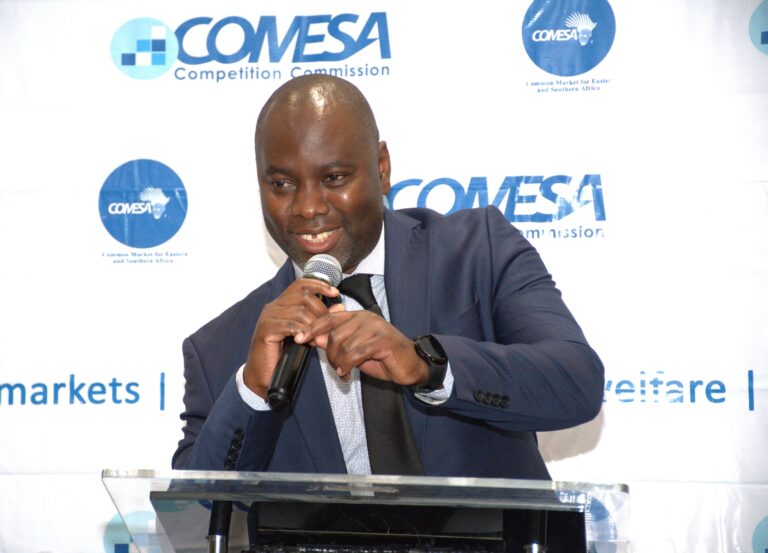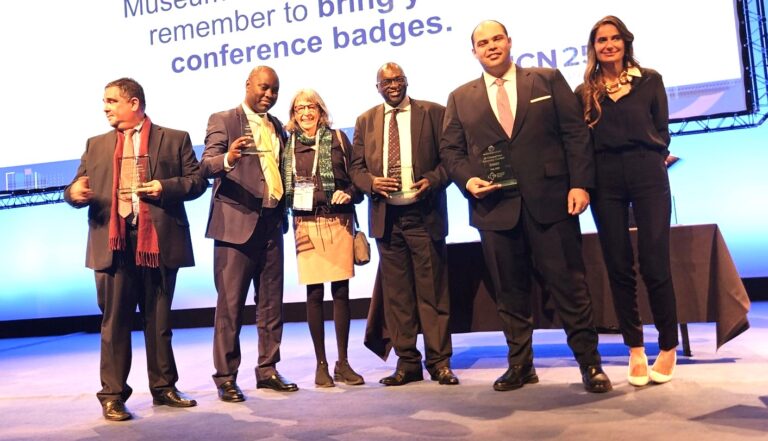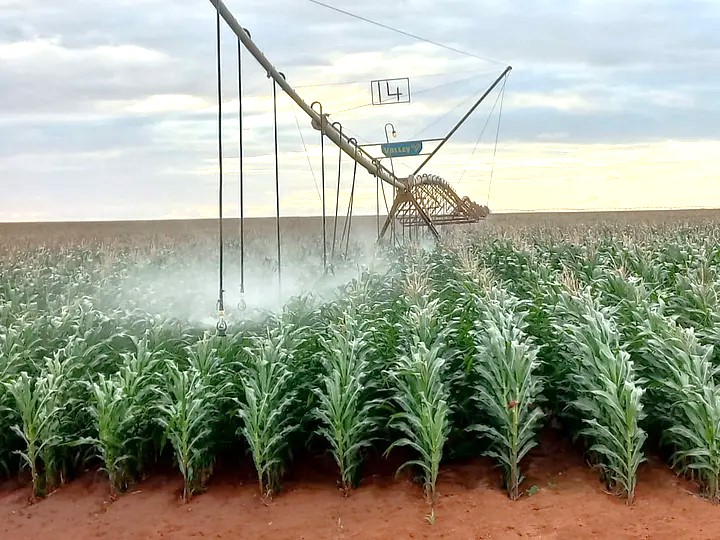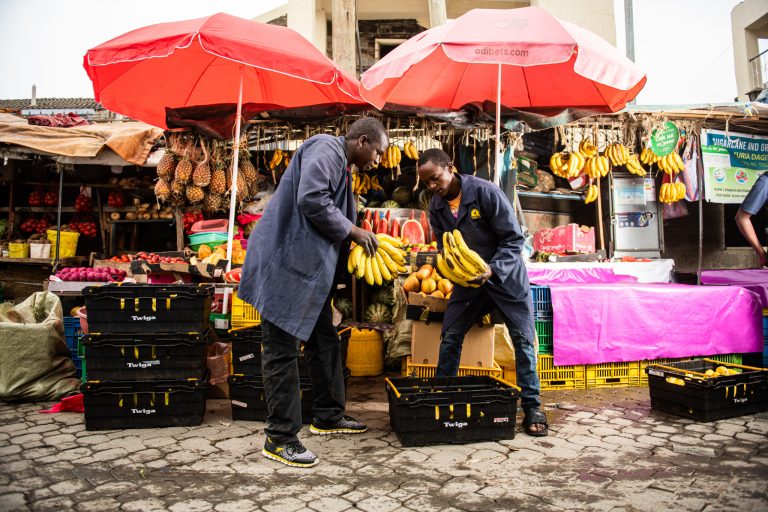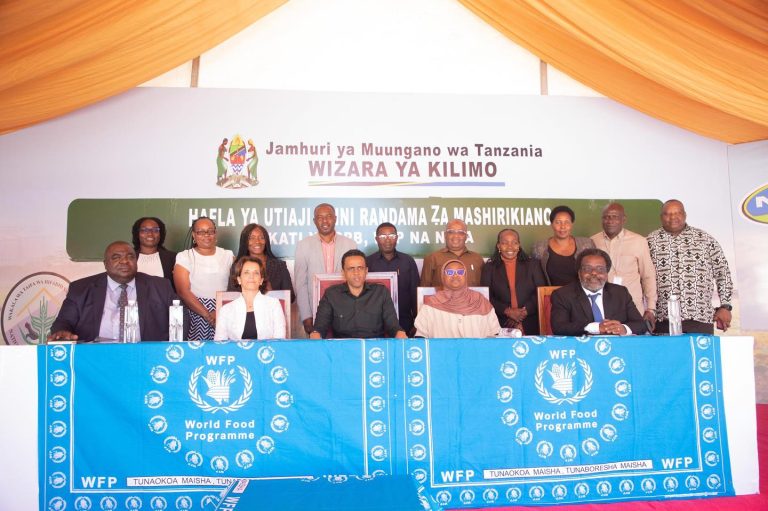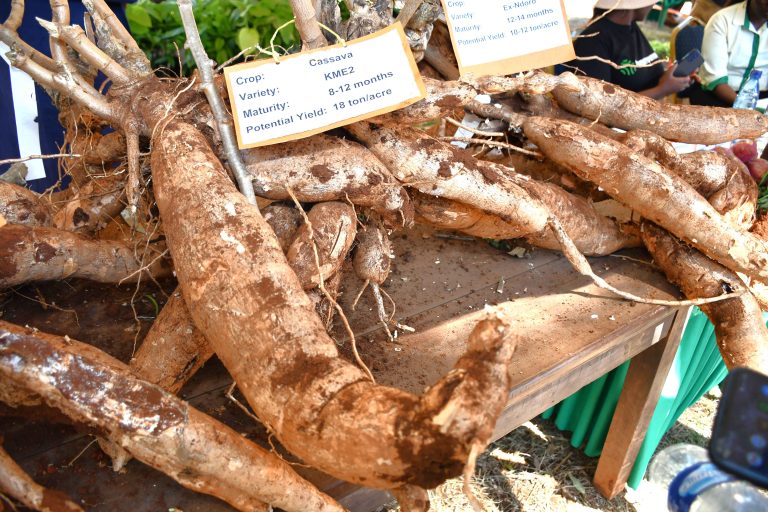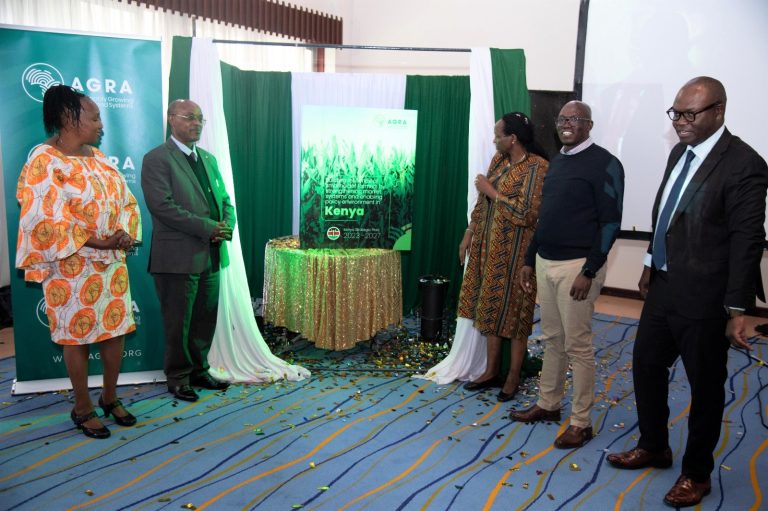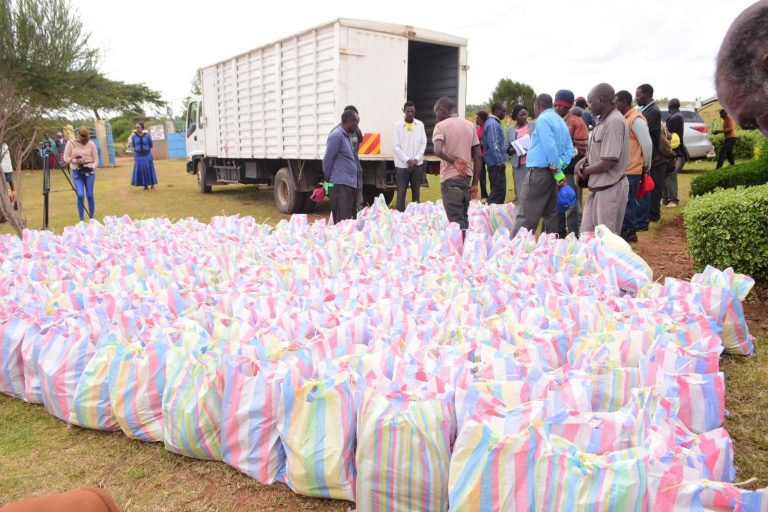The United Nations World Food Programme (WFP) and the government of the Republic of Korea through the Korea International Cooperation Agency (KOICA) have launched the “Sustainable Market Alliance and Assets creation for Resilient Communities and Gender Transformation (SMART) Project”. This three and a half year US$8 million project is focused on building community resilience and sustainable food security in partnership with the Ministry of Local Government (MINALOC). Over 180,000 people will benefit from the project throughout 2020-2023 in Karongi, Rutsiro, Nyamagabe, Nyaruguru and Kayonza districts.
“The Ministry of Local Government appreciates the existing good collaboration with WFP and KOICA, whose live testimony is the current SMART project we’re launching today. I particularly welcome the methodology which was adopted, during the design of the project whereby intensive consultations were held to ensure local context and community aspirations are captured. This is key foundation for SMART to deliver sustainable development of beneficiary communities and districts.” said Prof. Anastase Shyaka, Minister of MINALOC.
Through the SMART project, WFP will focus on developing climate-resilient community assets such as land terraces, marshland rehabilitation, and improved small-scale irrigation systems to build community resilience to natural shocks such as drought, flooding, and landslides. This will be combined with the provision of agricultural inputs, training for farmers, and support to better access markets in order to generate lasting improvements in livelihoods and food security.
Community members and local government officials in participating districts took part in consultation sessions to prioritise project activities. Project activities are designed with a gender-sensitive approach, including the integration of mobile nurseries for childcare to support women’s participation. Communities will also receive gender awareness sensitisation and training.
“This project is a part of the government of the Republic of Korea and WFP’s mutual longer-term goal of supporting rural communities. Rwanda was the first country that received KOICA’s support to rural communities. Continuing the success of the previous projects with Rwanda having won the best practice award for its integrated rural development interventions, this project will support achieving ‘Zero Hunger’ and gender equality, through improved access to food, more productive and sustainable agricultural land and improved access to markets,” said Chon Gyong Shik, KOICA Rwanda Country Director.
The partnership between WFP, KOICA and MINALOC first began with the successful “Saemaul Zero Hunger Communities Project”, piloted from 2012 to 2015 and later scaled-up from 2016 to 2018 to additional districts. Through the “Saemaul Zero Hunger Communities Project”, over 600 hectares of terracing was constructed on hillslopes prone to soil erosion. As a result, food production on the terraced land has more than tripled. Over 80 hectares of marshlands were rehabilitated, and feeder roads were constructed to facilitate access to markets. Between 2012 and 2018, a revolving fund provided participants with capital for small-scale business investments to promote off-farm activities.
“WFP is grateful for the continued generous support from the government and people of the Republic of Korea. This comes at a time when many communities across Rwanda have been economically impacted by the outbreak of COVID-19. The SMART project will play an integral role in enhancing community resilience during and after the pandemic, in line with the Government’s COVID-19 Recovery Plan,” said Edith Heines, WFP Representative and Country Director.
The SMART project builds on best practices from Korea’s rural development model, the Government of Rwanda’s Vision Umurenge Programme (VUP), and WFP’s asset creation and smallholder farmer market support model to improve household food security and enhance community resilience. The project is aligned with the Government of Rwanda’s National Strategy for Transformation (NST, 2017–2024). It also aligns with the Ministry of Agriculture and Animal Resource’s (MINAGRI) Strategic Plan for Agriculture transformation 2018 – 2024 as well as the Social Protection Sector Strategic Plan 2018/2019 -2023/2024.


